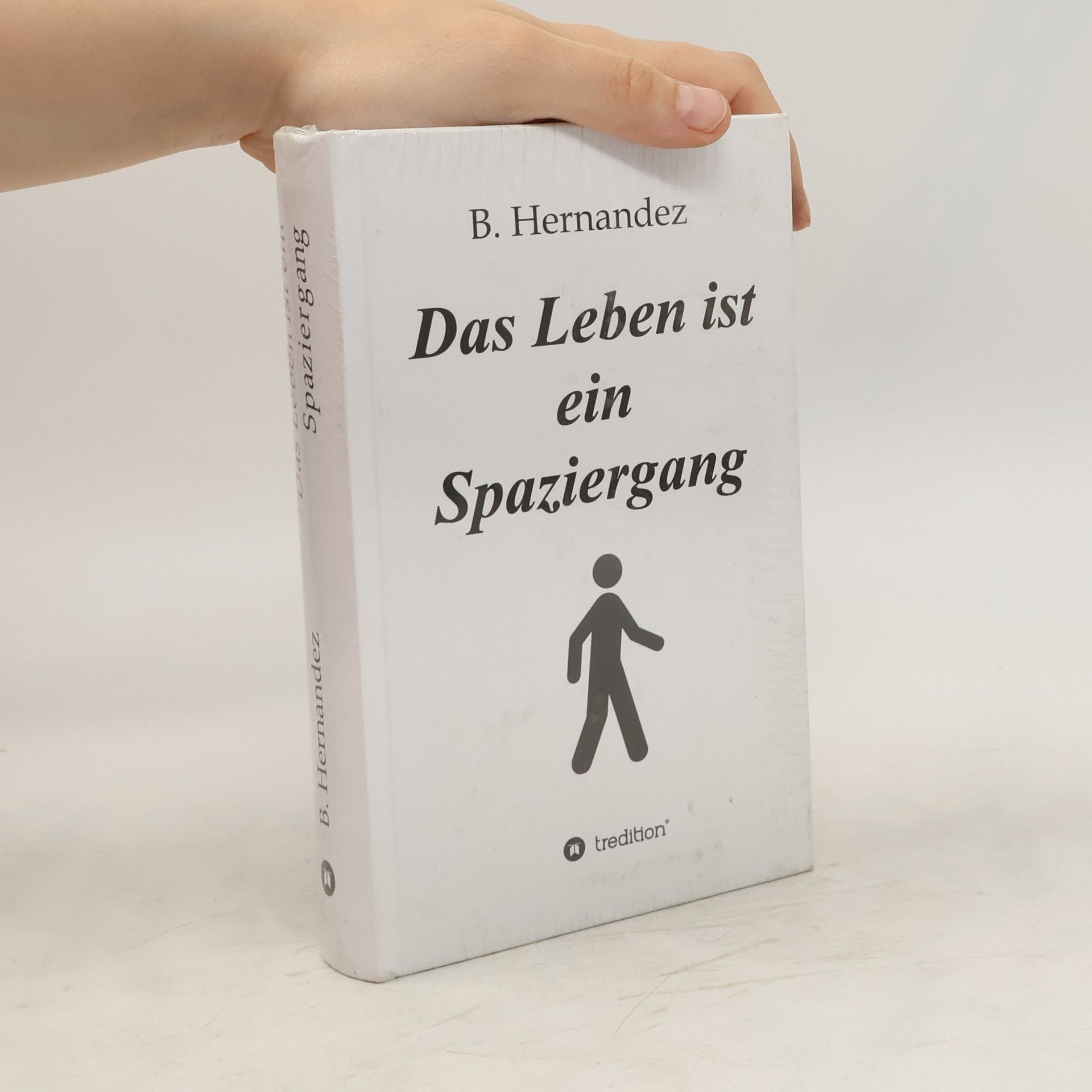Einer von Max besten Kollegen ist überraschend zum Aussteiger geworden, was Max mehr zu schaffen macht, als er sich eingestehen möchte. Mit seinen zwei neuen Bekannten, Sokrates, ein kauzbärtiger Obdachloser, der nackt im Brunnen beim Einkaufszentrum badet, und Johanna, die Umarmungen liebt und an das Gute in der Welt glaubt, kommt er zur Überzeugung, dass die Menschen der Stadt nur noch gerettet werden können, indem man ihnen das Fernsehen wegnimmt. Max' Freundin mit gewissen Vorzügen, Izzie, findet diesen Plan überhaupt nicht gut, obwohl sie selbst gar keinen Fernseher besitzt.
B. Hernandez Books
